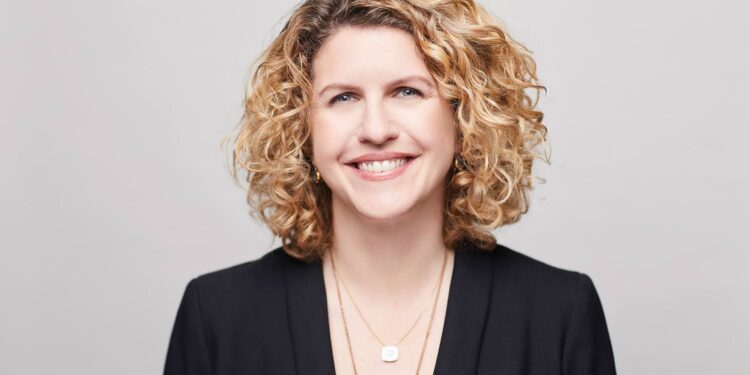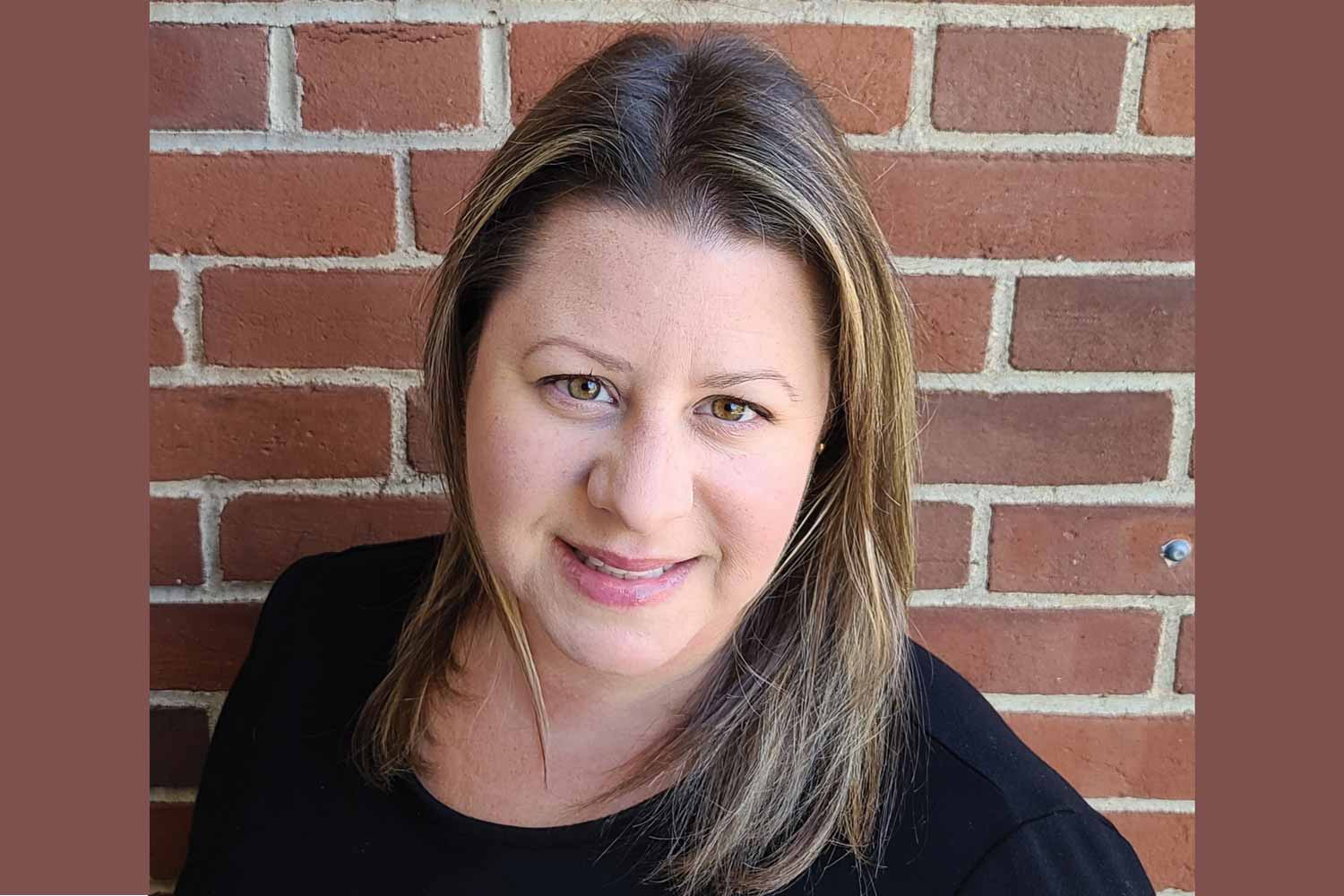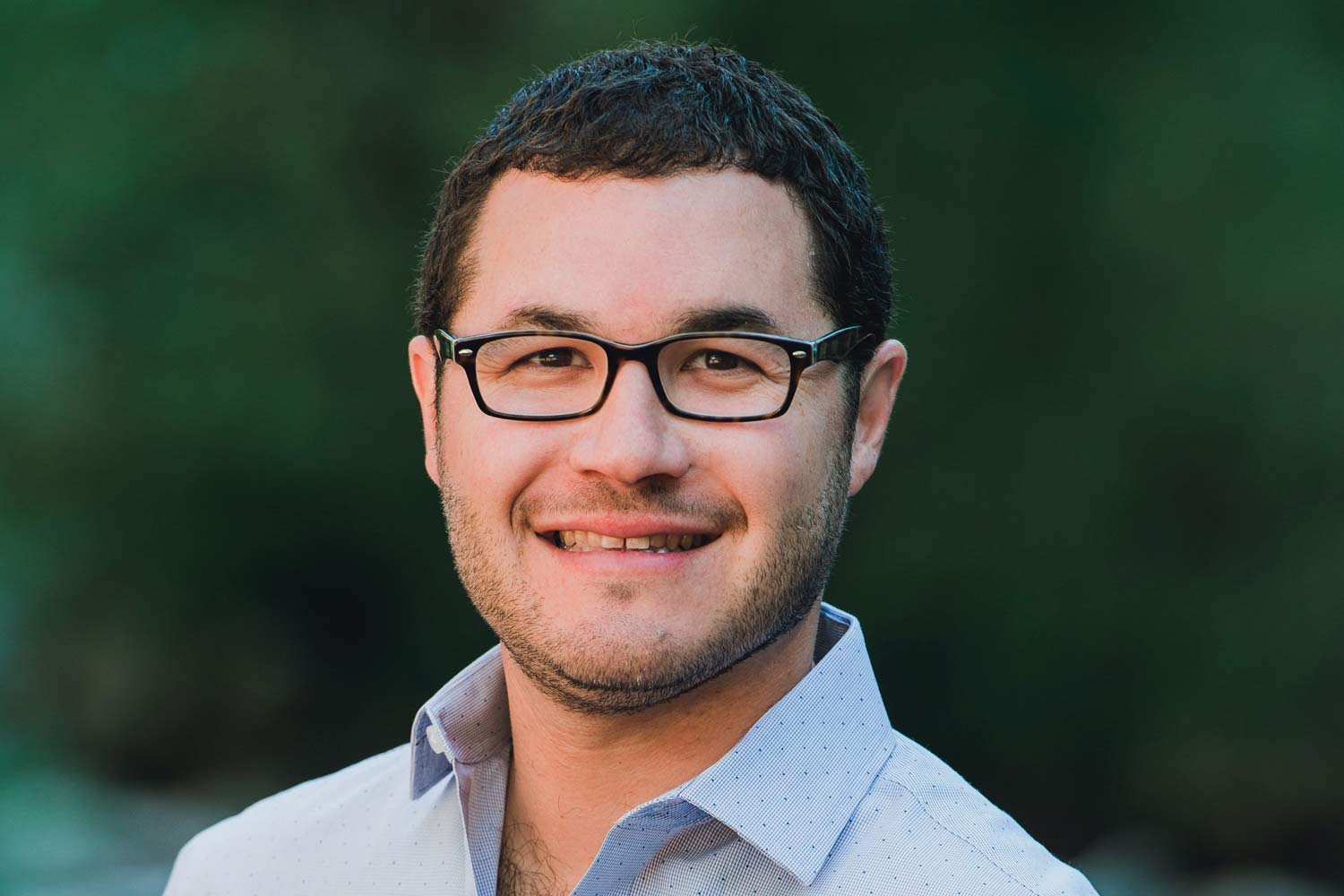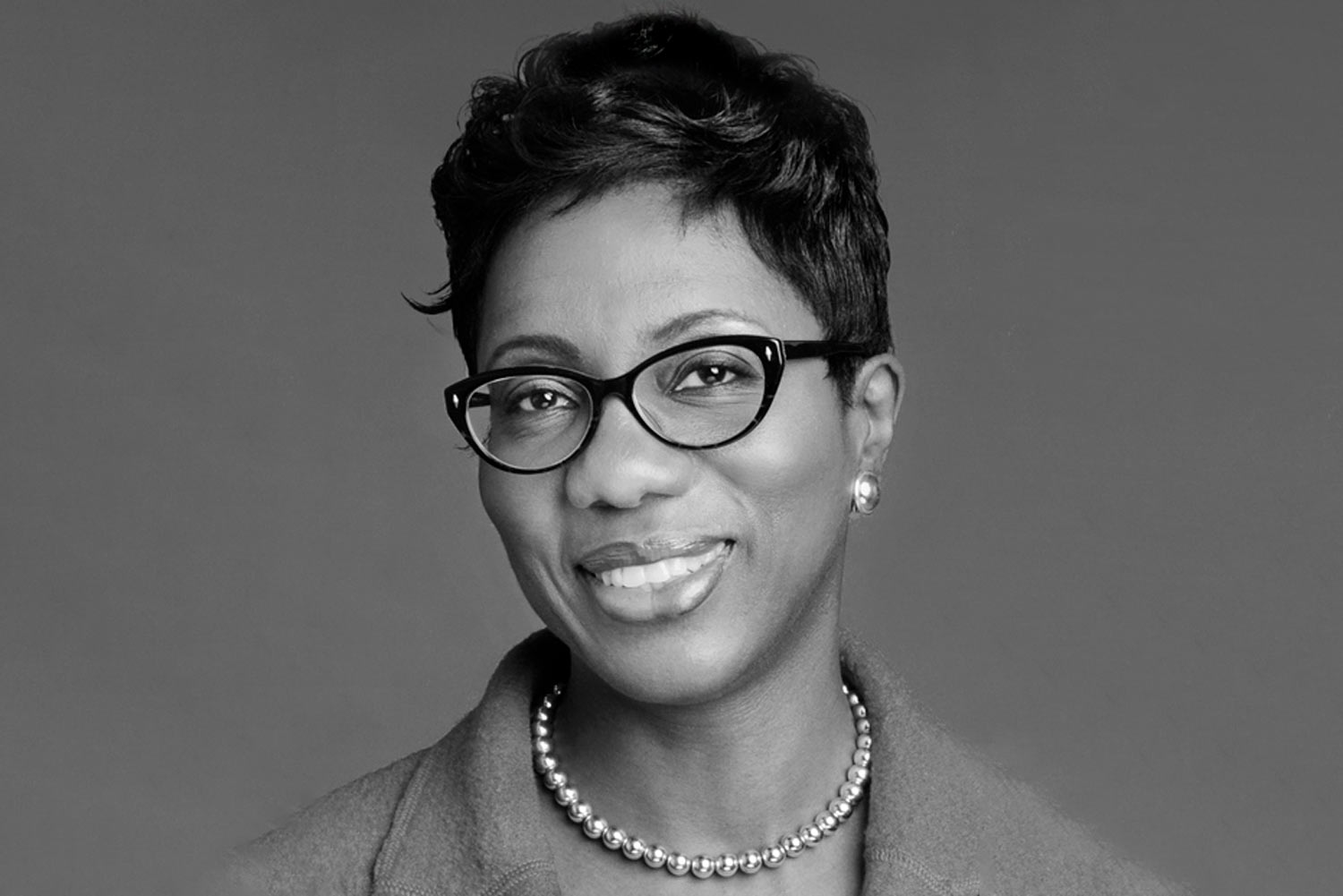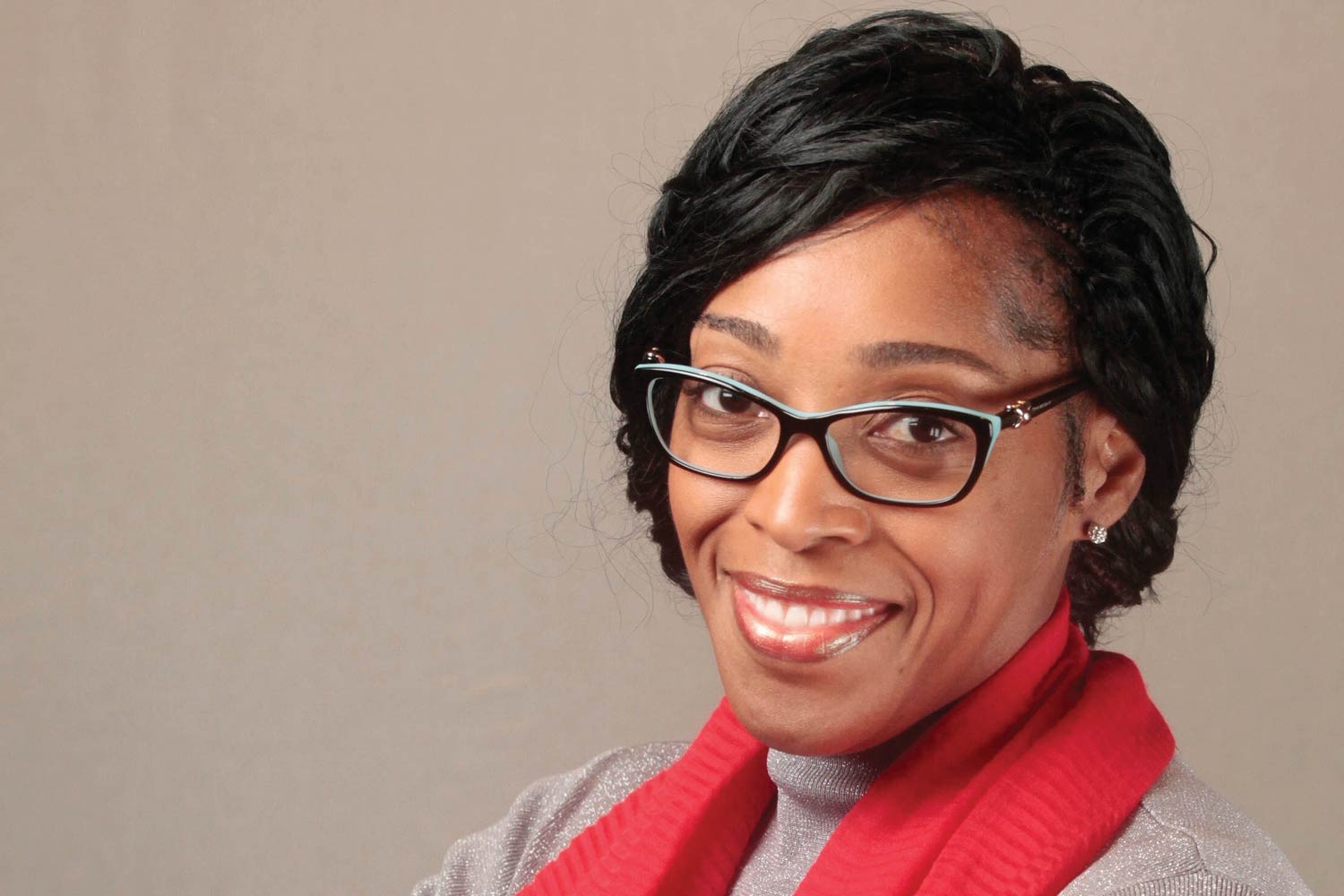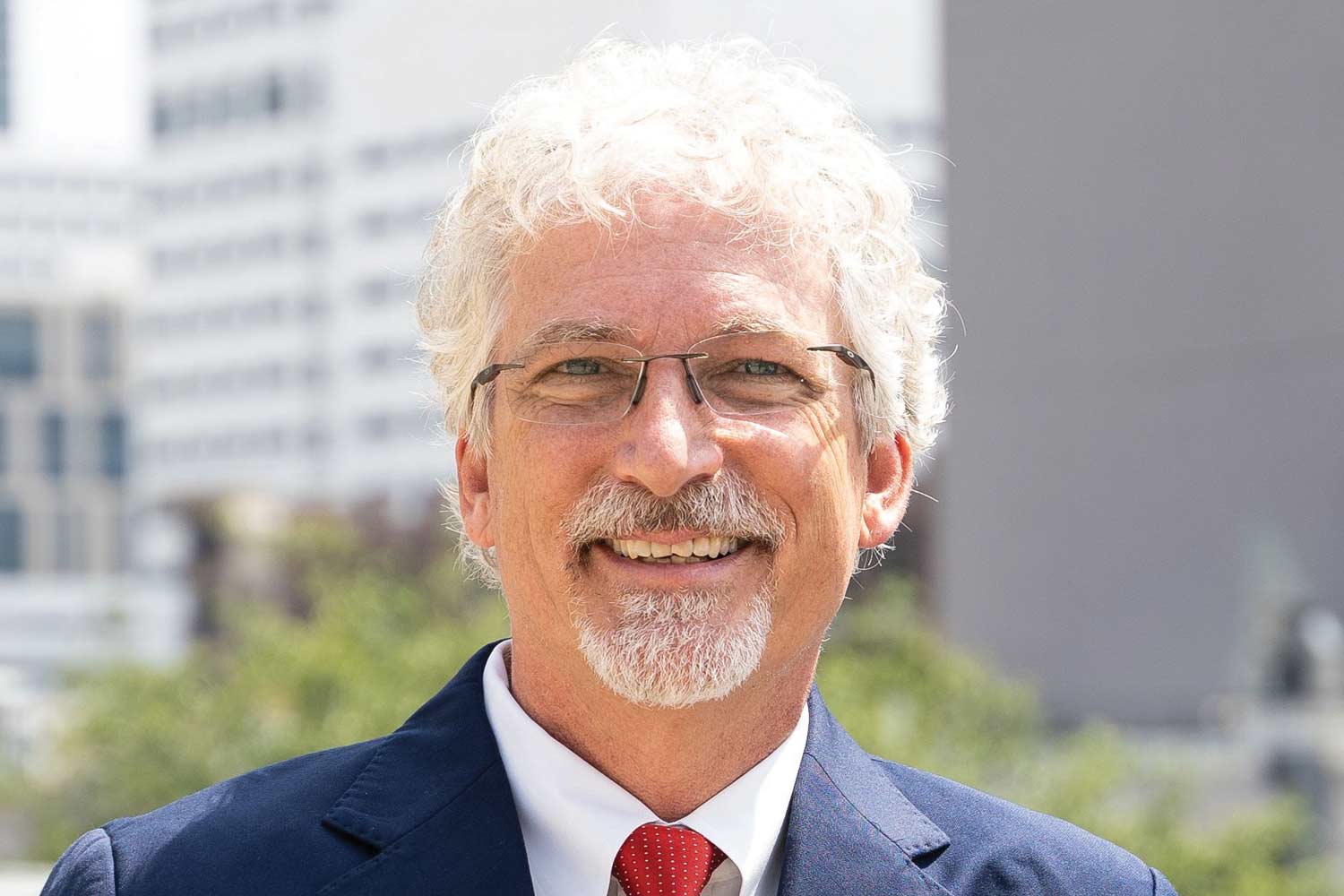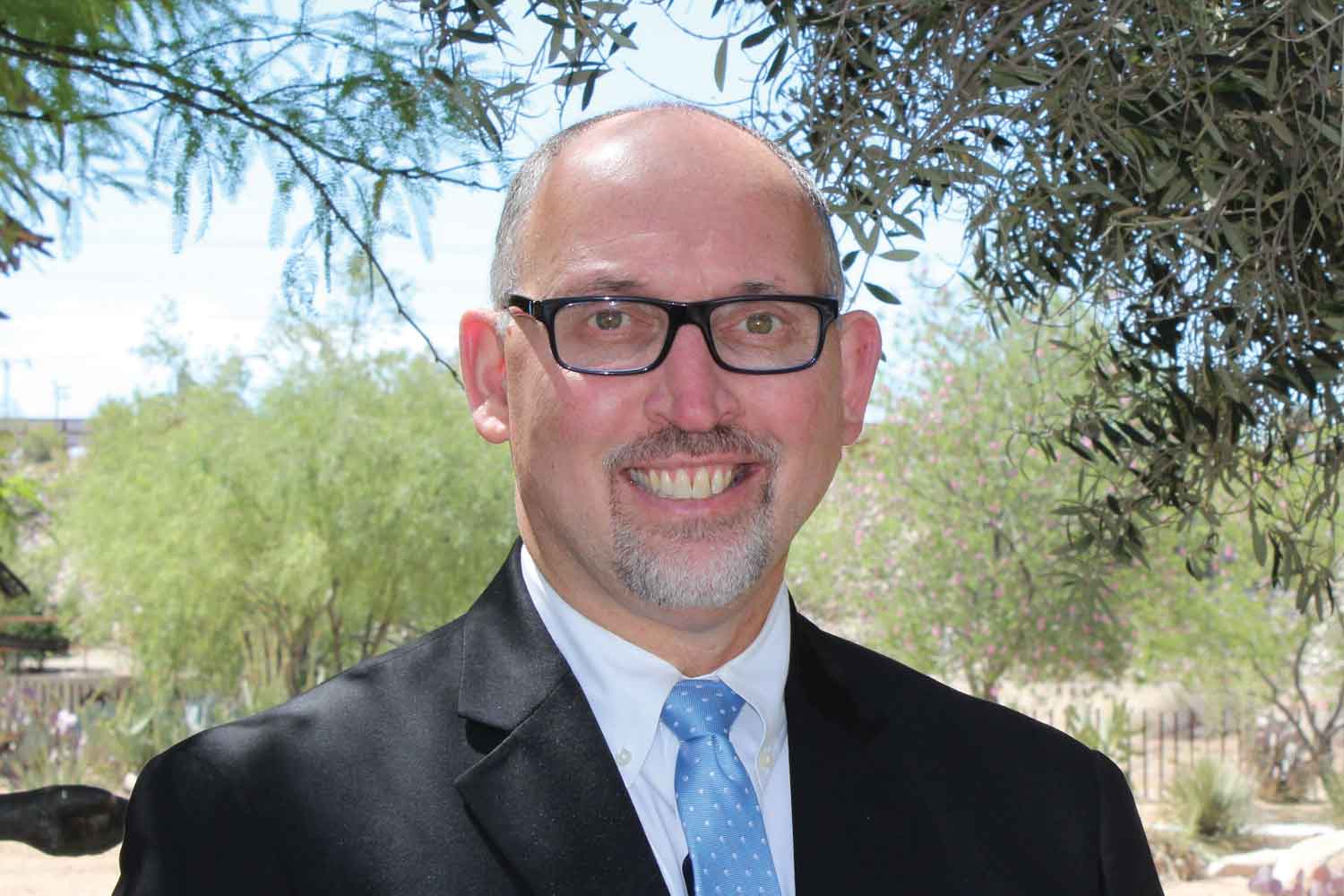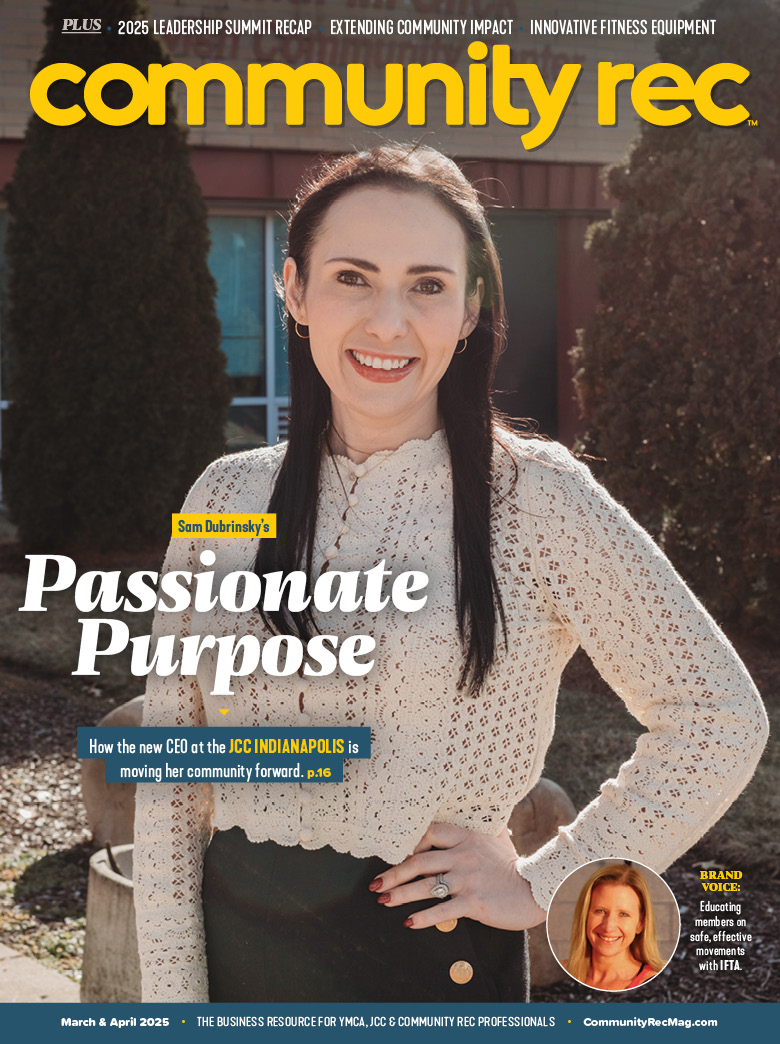In this special feature, seven industry leaders dive into what diversity, equity and inclusion (DEI) means to their organizations and what initiatives they are taking to help inspire others and create real change.
Addie Goodman, the president and CEO of the JCC Chicago
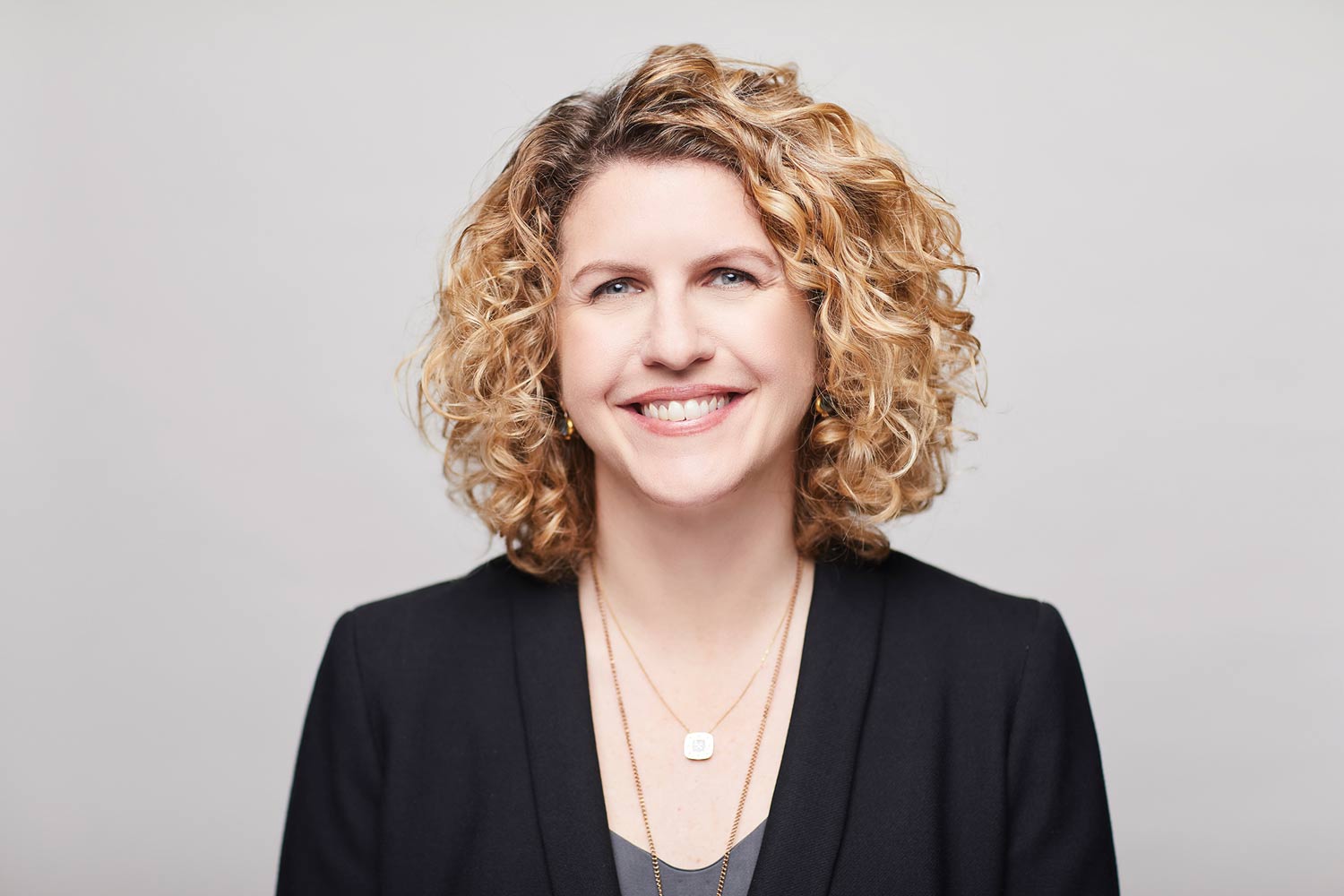
Why are DEI initiatives important to your organization?
AG: At JCC Chicago, guided by ethical teachings and human values, we believe every individual in our community is a valued member and must be treated fairly with dignity and respect. From fitness members to preschoolers and campers to adults engaged online and in-person, every individual is welcome and appreciated. With equity at the heart of all JCC Chicago policies and practices, we are committed to giving voice and attention to diversity in ways that create a learned and inclusive community.
What is an example of a DEI initiative at your organization that could inspire other community rec centers?
AG: Four years ago, JCC Chicago created All Star Abilities, a peer-to-peer fitness literacy, wellness instruction and recreational opportunity for teenagers of all abilities. Since then, more than 100 teens with special needs have found connection and friendship while learning to make healthy choices. The goals for participants are practical exercise training, comfort and ability to utilize a fitness center, and realization of new friendships with other participants and teen volunteers. Peer volunteers work in tandem with participants to help them achieve their goals, celebrate success, and embrace the value and potential of every person.
Beth Mitchell, the director of inclusion and diversity at the JCC of Central New Jersey
Why are DEI initiatives important to your organization?
BM: Providing our staff, board and membership with education around principles of DEI strengthens the mission-driven fabric of our agency and builds strong foundations for our inclusive programming model. The JCC of Central New Jersey is a respected community institution, providing employment and programming opportunities to thousands of individuals from all walks of life each year. It is critical we educate around DEI, create space to recognize and celebrate our differences, and build relationships based in shared values that allow us to gather together, standing side-by-side, strengthening our community.
It is our privilege to have a platform to lead by example, setting a community expectation for awareness, acceptance and inclusion by creating a culture of belonging. We believe these forward-facing initiatives have made a widespread impact in the community, and we will continue to put action behind our words.
What is an example of a DEI initiative at your organization that could inspire other community rec centers?
BM: Despite the challenges of the pandemic, the JCC of Central New Jersey formed a new partnership with the Kean University Diversity Council on Global Education and Citizenship, and engaged in a series of professional development trainings around anti-racism, disability history and the LGBTQ+ experience. After arming our staff with knowledge and resources, we initiated our inaugural “DEI Department Challenge: Turning Knowledge into Action.” The DEI Department Challenge provided an opportunity for each department to closely examine their individual programs and practices for gaps in DEI, and then create initiatives unique to their department to close those gaps.
Each department submitted their own project proposal and action plan. The early childhood program purchased block figurines representative of diverse races, cultures and abilities. As a result of incorporating visually diverse materials into the classroom setting, the children built a ramp made of wooden blocks so the figurine using the wheelchair could move freely from the top of the block tower to the bottom. The membership department leaned into the challenge and noticed a lack of sensitivity in their new member welcome packets. Their project resulted in creating opportunity for people with disabilities to request accommodations during membership enrollment. As a result of our agency-wide, forward-facing initiatives supporting inclusion and diversity, the JCC of Central New Jersey was awarded the 2021 Fritz Jonach Upstander Award through Kean University.
Jonathan Lev, the executive director of the Boulder JCC
Why are DEI initiatives important to your organization?
JL: As a central place where people of all ages and backgrounds gather to connect, exchange ideas, learn and grow together in Boulder County, the Boulder JCC saw the need for a formal DEI committee in February of 2019. Jewish tradition compels us to seek ways to heal the world, call out injustices and pursue justice. It is up to each of us to make our voices heard, but more importantly, to listen, to learn and to use our voices to amplify the voices of others.
The Boulder JCC and the DEI committee celebrate diversity and strive to make a space that is more inclusive and less oppressive to people’s many identities. We aspire to create a culture where every staff member, board member and community member feels empowered to call out oppression against marginalized groups. We are constantly assessing our organization’s operations, policies and procedures while also examining specific steps and training that is required to move our organization in the right direction. We recognize our organization’s and each of our personal journeys will never end. To further our work, we offer regular learning and discussion opportunities for the staff, the board and the community.
What is an example of a DEI initiative at your organization that could inspire other community rec centers?
JL: One DEI initiative the Boulder JCC’s DEI committee has focused on is a staff learning club to create opportunities for discussion and engagement. The DEI committee and our learning clubs are committed to open, honest and vulnerable conversation in a safe and accepting space.
Through the learning club, we have discussed racism, the importance of language, and how we can contribute to a more just future through reading and discussion of “Kindred” by Octavia Butler and “How to Be an Antiracist” by Ibram X. Kendi. We have also discussed gender identity through reading and discussion of “Felix Ever After” by Kacen Callender and “How to They/Them” by Stuart Getty. Additionally, the DEI committee has engaged in smaller learning discussions at our weekly meetings, discussing topics such as voter rights, the challenges facing those with disabilities, the conflict in the Middle East, bias in education and more.
Rhonda Anderson, the president and CEO of the YMCA of Greensboro
Why are DEI initiatives important to your organization?
RA: The mission of the YMCA of Greensboro is to put Judeo-Christian principles into practice through programs that build a healthy spirit, mind and body for all. The last two words are key to that statement, and in order to fulfill our mission “for all,” it’s imperative we ensure our team members, volunteers, members, program participants and the community at large experience a sense of belonging and are free to be themselves when engaged with our Y.
The first step is to start within. We have to ensure our team is equipped to provide a high-quality, welcoming experience for a community representing every dimension of diversity. Whether we want to admit it, we all have implicit biases and beliefs; therefore, we have to be honest about our need to self-reflect, listen and learn. It’s not a “one and done” approach, but a continuous process that may need adjustment as circumstances change.
What is an example of a DEI initiative at your facility that could inspire other community rec centers?
RA: 8:46 — the painful eight minutes and forty-six seconds during which George Floyd’s life was taken — has become a symbol for the “fierce urgency of now” in addressing the issue of systemic and institutionalized racism. Note: We have since learned the officer’s knee was in fact pressed against Floyd’s neck for over nine minutes. As a response to this tragedy, in September 2020, the YMCA of Greensboro partnered with The National Conference for Community and Justice (NCCJ) of the Piedmont Triad, the Racial Equity Institute and The Partnership Project, Inc. to launch The 8:46 Series which aimed to educate and equip our community with a foundational understanding of the issue of systemic racism. The 8:46 Series leveraged the Racial Equity Institute’s “Groundwater Approach” as the platform for a virtual webinar; the Groundwater metaphor is designed to help our community internalize the reality we live in a racially structured society, and that is what causes racial inequity. The metaphor is based on three observations: Racial inequity looks the same across systems. Socio-economic differences do not explain the racial inequity. And inequities are caused by systems regardless of one’s culture or behavior.
Rodrigua Ross, the vice president of diversity, equity and inclusion at the YMCA of Metropolitan Dallas
Why are DEI initiatives important to your organization?
RR: Our DEI vision for the Dallas Y is to intentionally lead and boldly model a diverse, equitable and inclusive culture that impacts and strengthens the foundation of our communities. For us, this means we must consistently strive to “be for all, all the time.”
While our Y has realized advancements regarding DEI, like many organizations we thought we could do better. It’s a goal of our CEO, Curt Hazelbaker, to make the Dallas Y a leader in DEI.
Our strategic plan, based on the feedback of community voices, calls for us to be conveners, to identify and develop best practices internally and externally for DEI work, and to collaborate on community strengthening.
What is an example of a DEI initiative at your organization that could inspire other community rec centers?
RR: Community need, a rapidly changing business model and funder attention shifts to the dismantling of systems that exacerbate community DEI challenges required us to adapt our operations. The impact of the last year presents a unique opportunity for the Dallas Y.
Using a coordinated and hybrid approach — aimed at continuing to provide and scale DEI programming and strategies — we now have Equity Centers.
Equity Centers are engines of equity innovation serving the entire Dallas Y and its communities. More than a place or a program, they serve as branch-based centers that seek innovative ways to solve problems around inequity, intolerance and exclusion in their immediate communities.
What makes our Equity Centers’ approach unique is the focus of the local branch-based centers. They fuel the greater impact through neighborhood level implementation of services very much tailored to the specific needs of that community. We believe this fresh approach will positively impact communities on a micro and macro level. The method allows for the marriage of local concierge effort and centralized support that will result in the lifting up and honoring of unique neighborhood DEI challenges while also tackling widely evident systems level challenges.
Stephen Ives, the president and CEO of the YMCA of Greater Houston
Why are DEI initiatives important to your organization?
SI: As both individuals and communities, we learn and grow from diverse groups. I have dedicated my career and personal life to be a champion for helping communities and individuals of all backgrounds, gender, race and abilities to have access to critical needs. More than half of our workforce — approximately 61.66% — is diverse. Without this strong diversity, we wouldn’t be able to make the historically large impact within our communities needing it most.
We have found inequities are bridged through examining systems, removing barriers, and equipping all staff and members of the community with the necessary tools to put plans into action. We wish to embolden the community to lead and set examples for generations to come.
What is an example of a DEI initiative at your organization that could inspire other community rec centers?
SI: Over the last 135 years, The YMCA of Greater Houston has continuously evolved in efforts to purposefully transform for Houstonians by becoming a more inclusive, purpose-driven entity built to ensure everyone in every community has equal opportunity. To fight racial and social injustice, the Houston Y launched the Equity Innovation Center powered by Reliant in the summer of 2020 — the first of its kind in Texas. The Equity Innovation Center is geared to advance equity, undo institutional racism and spark change. The center has hosted virtual experiences and engagement opportunities available to the community, such as Sunday Supper in celebration of Dr. Martin Luther King Jr., an allyship workshop and more.
I was recently appointed by Houston Mayor Sylvester Turner as chair of the newly-reformed Independent Police Oversight Board (IPOB). The designation was among several recommendations from the Mayor’s “Task Force on Policing Reform” report, published September 2020. My goal for this designation is to bring people together to hold brave conversations and work to foster the creation of a safer, transparent and more just society in which citizens can live and thrive.
It is an honor to lead such an essential endeavor — not only for our city, but for our nation. This appointment mirrors the YMCA’s proud commitment to advancing equity as well as our historical practice of engaging with efforts that strengthen the foundations of community.
Todd Rockoff, the president and CEO of the Tucson JCC
Why are DEI initiatives important to your organization?
TR: The Tucson JCC believes in creating a community for all people of all ages. As such, we are working to ensure our policies, procedures and behaviors are aligned with our values of DEI. This work requires the organization to hold a mirror to itself and to acknowledge both the things we are proud of equally, and the things we want and need to improve.
What is an example of a DEI initiative at your facility that could inspire other community rec centers?
TR: Our board approved and the agency signed the Safety Respect Equity Network Commitment. To ensure we are putting the commitment into action, we wrote a grant and received funding from the David and Lura Lovell Foundation to review our existing — and write new — policies and procedures. We will also invest in ensuring the necessary infrastructure is in place to support our goals.


